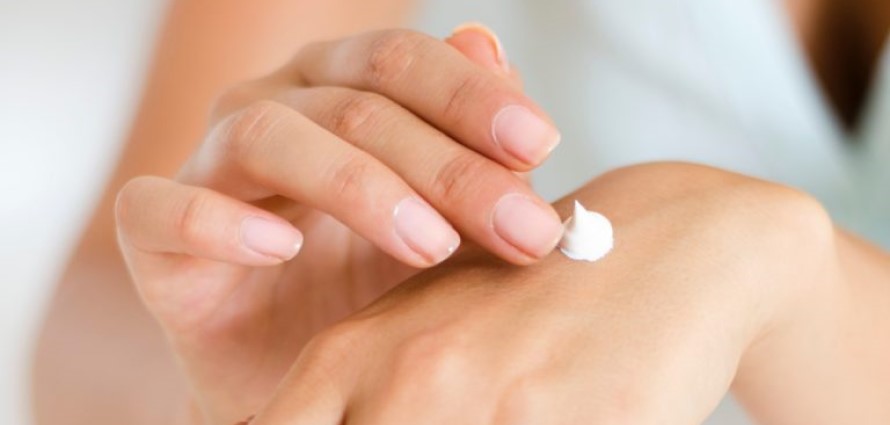Scar Management & Skin Care
You can’t avoid many of the side effects of breast surgery, but you can take steps to heal your scars from the inside out.

Scar Management
Scar tissue forms as the body tries to repair itself. This tissue is more dense and less elastic than the surrounding tissue. It can fuse to the underlying fascial tissue, or it can cause a feeling of tightness in the surrounding skin. Movement may become restricted, or you may just move less because of the discomfort. Various techniques, including massage therapy, cupping, and laser therapy, can break down the dense scar tissue and stop the scar fusing to the surrounding tissue. Making the scar tissue soft and supple minimizes its appearance and allows you to maintain mobility, aiding your overall recovery.
You can read more in the sections on massage therapy and laser therapy about techniques that Breast Rehab offers to manage your scars.
Skin Care
Your skin is your body’s first line of defence against infection. Taking care of your skin is a key part of well-being at all times, but it is particularly important when you are facing surgery. Your skin health will help determine how well your body will heal itself after breast surgery. Surgery is a form of skin trauma. Healthy skin is less prone to infection and tends to repair more quickly.
Taking care of your skin is one way that you can proactively contribute to your preparation for surgery and recovery afterwards. Advice on skin health is offered as part of Breast Rehab’s pre-rehab physio.
Skin health during cancer treatment
Skin health is especially important if you’ve been diagnosed with cancer. If you’re going through chemotherapy or radiation therapy, you’ve likely noticed changes in your skin. This is one side effect that you can do something about and taking care of your skin can help you look and feel healthier again.
Common skin complaints during and after cancer treatment include extremely dry or flaky skin, sensitive skin, dermatitis, and radiation burns. Many people think of dry skin as a cosmetic problem, but during cancer treatment very dry skin can become inflamed and more prone to infection. Chemotherapy can affect your skin’s natural moisture because it reduces the amount of oil your glands secrete.
Many treatment side effects cannot be avoided, but you can take steps to heal your skin from the inside out. The best time to start is before chemotherapy or radiation therapy begins. So, if you are newly diagnosed, it’s time to think about the health of your skin. The key to healthy skin, during and after cancer treatment, is to keep it clean, exfoliated and moisturized to help maintain a barrier to infection. A good moisturizer helps; during the day, use one with protection against UVA and UVB rays, even in winter. Your skin is also part of your lymphatic system and good skin care is one way to reduce the risk of secondary lymphedema.
Reducing the impact of scarring and maintaining healthy skin are important factors in getting you back to doing what you love. At Breast Rehab, we offer therapies to reduce the impacts of scarring, and can provide education and advice on good skin health to help your recovery.

